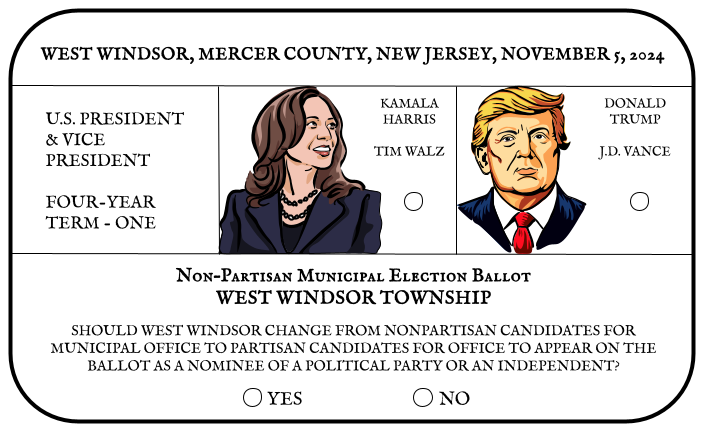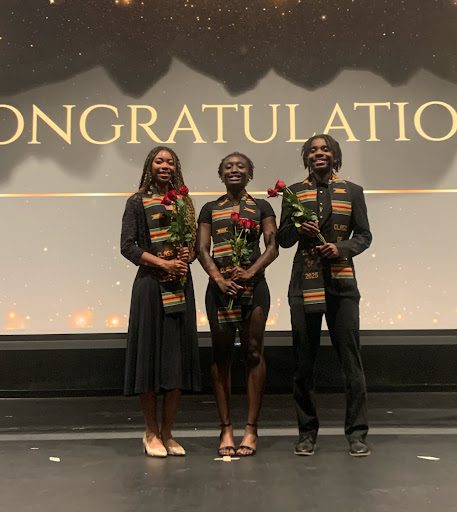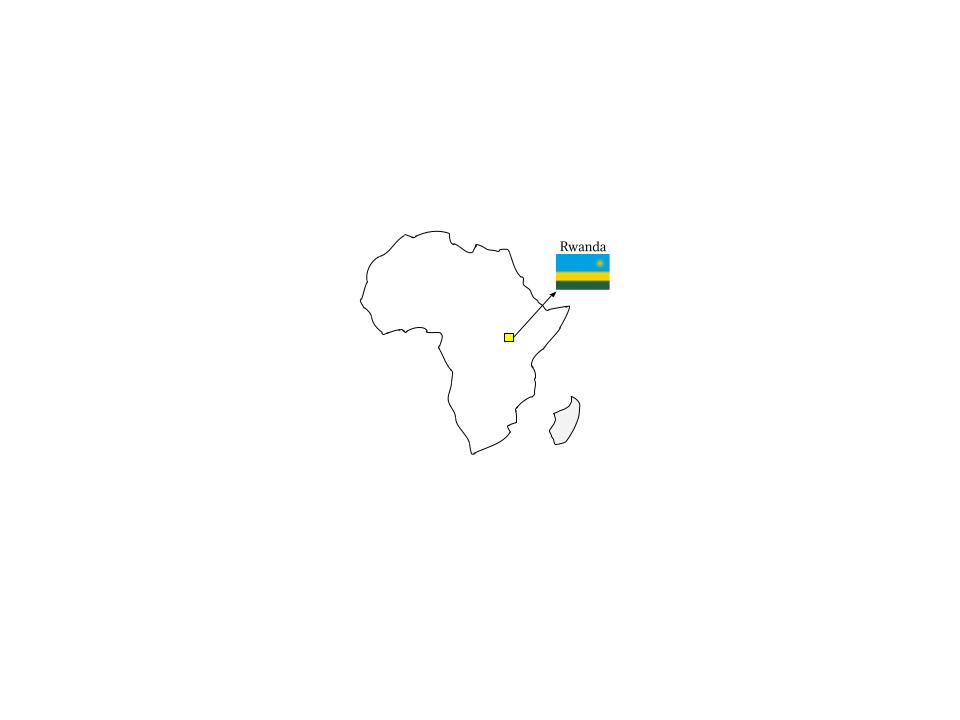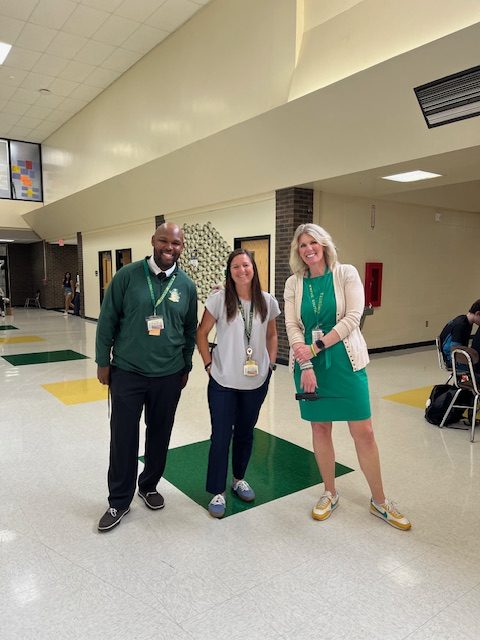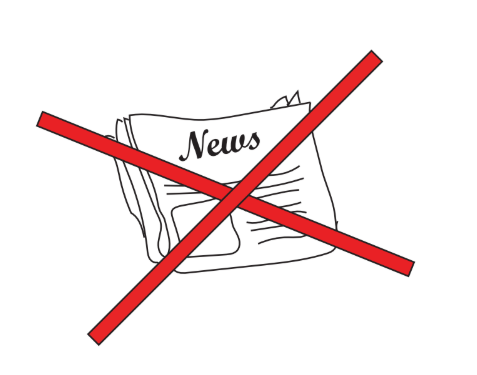On Nov. 5, America heads to the polls to choose its next president. Millions will cast ballots for one of the two main political parties’ nominees: former President Donald J. Trump or Vice President Kamala Harris.
Trump is the Republican Party’s nominee after swiftly winning his party’s support during the primary season. Harris is the Democratic Party’s nominee after President Joe Biden dropped out of the race in July. Trump’s running mate is Senator J.D. Vance of Ohio and Harris’ running mate is Governor Tim Walz of Minnesota.
The candidates are running on a platform of a wide number of issues to reach voters in the final weeks of the campaign. According to a study by the Pew Research Center, issues that have defined this election include the economy, health care and immigration.
But different groups of voters often focus on different issues. For instance, social studies teacher Mr. Mike Garzio said that the economy was the most important issue for him.
“I always voted for the candidates that aligned more with my values as a young person. I was very ideological,” said Mr. Garzio. “I would say that when I became a teacher that shifted a little bit because now my profession was tied in. Economics now plays a big role in how I think.”
While students may not have a profession to consider yet when voting, many already have an idea about how they will cast votes in the future.
“For me, it’s weighing the pros and weighing the cons in terms of policy and deciding which one I think would lead towards a better future,” said Saahil Patel (‘27). “Because, obviously, I would like a candidate who has the perfect policies, the perfect character, but in reality, we’re all human.”
The media attention surrounding the candidates and their campaigns intensifies as Election Day inches closer. “With the presidential election, there’s going to be tons of media hype, especially when you have personalities like Donald Trump, so a lot of people are going to be more motivated to go out and vote in the presidential election,” said Mr. Garzio.
With the media largely focused on the presidential candidates, participation in the presidential election is higher than in other elections. A 2023 study by the Pew Research Center found that the 2020 presidential election had a voter turnout of 66% for the eligible voting population, while the 2018 midterm election had a 49% voter turnout.
But presidential elections are not the only elections that the South community focuses on.
“I would definitely vote in not only this election, but my local, state, county and national elections while I am still of age, because I feel like it is our responsibility as American citizens to make the change in the nation that we see fit through our votes,” said Patel.
Megan Bommireddy (‘26) added, “People should care about local politics as much as they do federal politics.”
In this upcoming election, citizens will have the opportunity to make changes at a local level too. West Windsor voters will decide on a public question on the ballot about going from nonpartisan to partisan local municipal elections. Nonpartisan elections, which West Windsor has had for 30 years, means that party affiliation of candidates running for town council or mayor will not be shown on the ballots.
While this public question may not affect most of the country, it has created strong debate within our area. For those who are only looking to vote for a presidential candidate, these local referendums prove that there are other important issues to consider, as well.
“There’s people who will vote just for president, and then they won’t even vote for what’s underneath it,” said Mr. Garzio. “So they’ll cast one singular vote when they go in there even though there’s a dozen of options underneath it that impact them more.”
While most students at South are not old enough to vote in this election, many are becoming more politically engaged and aware of the impact that these elections can have on their lives.
“I would definitely vote in the future. I think that civic engagement is really important for young people,” said Dharma Rajesh (‘25). “And I also think that the whole concept of your vote is only one out of millions, so the idea that it doesn’t really matter is wrong. I think that defeats the purpose of an American democracy or democratic republic. Being involved in your elections is good.”
For those voting on this Election Day, remember: there are a variety of candidates and issues that you can cast your vote for, from the next president to a local referendum. And for those who can’t vote just yet, be sure to follow along: The results of the Nov 5. elections will be a day that America will remember.

